The Trump administration has chosen to boycott a high-level United Nations summit on Palestinian statehood co-hosted by France and Saudi Arabia. Scheduled in New York, the event was initially set for June but was delayed due to the Israel-Iran conflict.
More than 50 nations are expected to participate in the conference, titled High-level International Conference for the Peaceful Settlement of the Question of Palestine. The U.S., however, circulated a diplomatic message urging others to avoid the summit, calling it counterproductive to current peace efforts in Gaza.
Critics Condemn, France Defends Controversial Push for Immediate Palestinian Statehood Recognition at U.N.
Prominent critics such as Anne Bayefsky, president of Human Rights Voices, have fiercely criticized the U.N. event, claiming it undermines peace by imposing a Palestinian state without proper negotiations or recognition of Israel as a Jewish state.
Bayefsky argues that U.S. taxpayers are unfairly subsidizing a process that ultimately supports conflict, not peace. She stressed that in the wake of the October 7 attacks and Hamas’s influence, forming an armed Palestinian state would only escalate violence in the region.
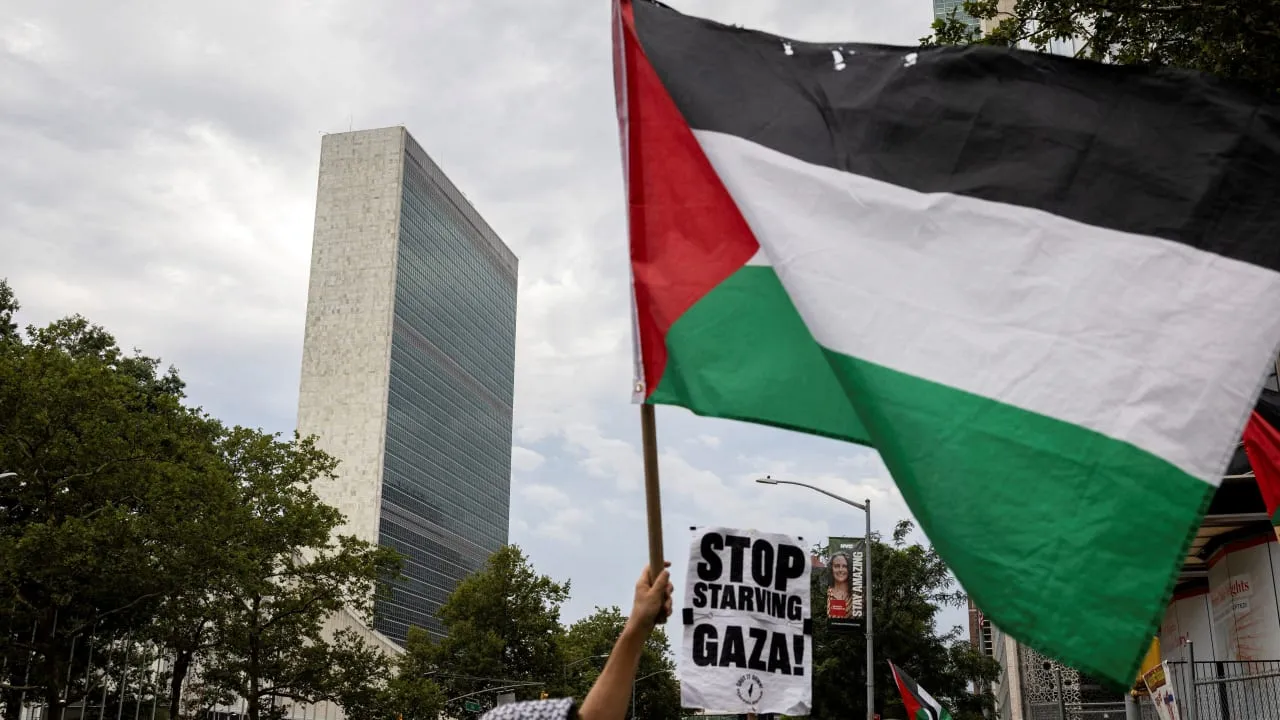
French Foreign Minister Jean-Noel Barrot defended the initiative, warning that the prospect of a Palestinian state is both under serious threat and urgently necessary. He cited Gaza’s destruction, expanding Israeli settlements, and the international community’s apathy as major obstacles to peace.
France plans to formally recognize Palestinian statehood at the U.N. General Assembly in September, a move dismissed by former President Trump and mocked by U.S. Ambassador to Israel Mike Huckabee.
Mixed Global Reactions Reveal Deep Divisions Over France’s Push for Palestinian Recognition
The French proposal has received mixed reactions from international leaders. While Turkey’s President Erdoğan welcomed France’s recognition move, key European powers remained cautious.
Italian Prime Minister Giorgia Meloni and Germany’s government both expressed concern over premature recognition, emphasizing that such actions should follow the actual creation of a Palestinian state. U.K. Prime Minister Keir Starmer focused on pragmatic peace strategies rather than symbolic declarations.
Diplomatic experts, including former negotiator Aaron David Miller, argue that unilateral recognition undermines negotiation-based peace processes. Questions about borders, control over Jerusalem, and the Jordan Valley remain unresolved and central to Israeli security.
Critics of Macron’s move suggest domestic political motivations such as appeasing France’s Muslim and Arab populations may be behind the sudden push for recognition, rather than a calculated foreign policy strategy.

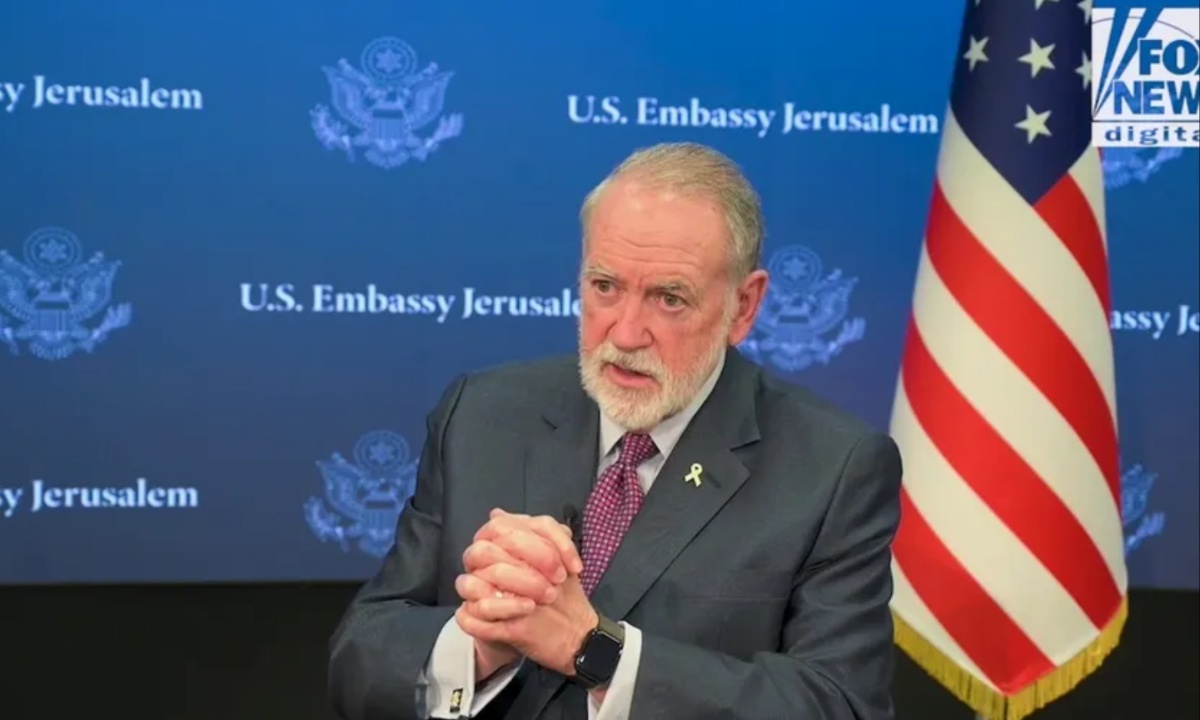







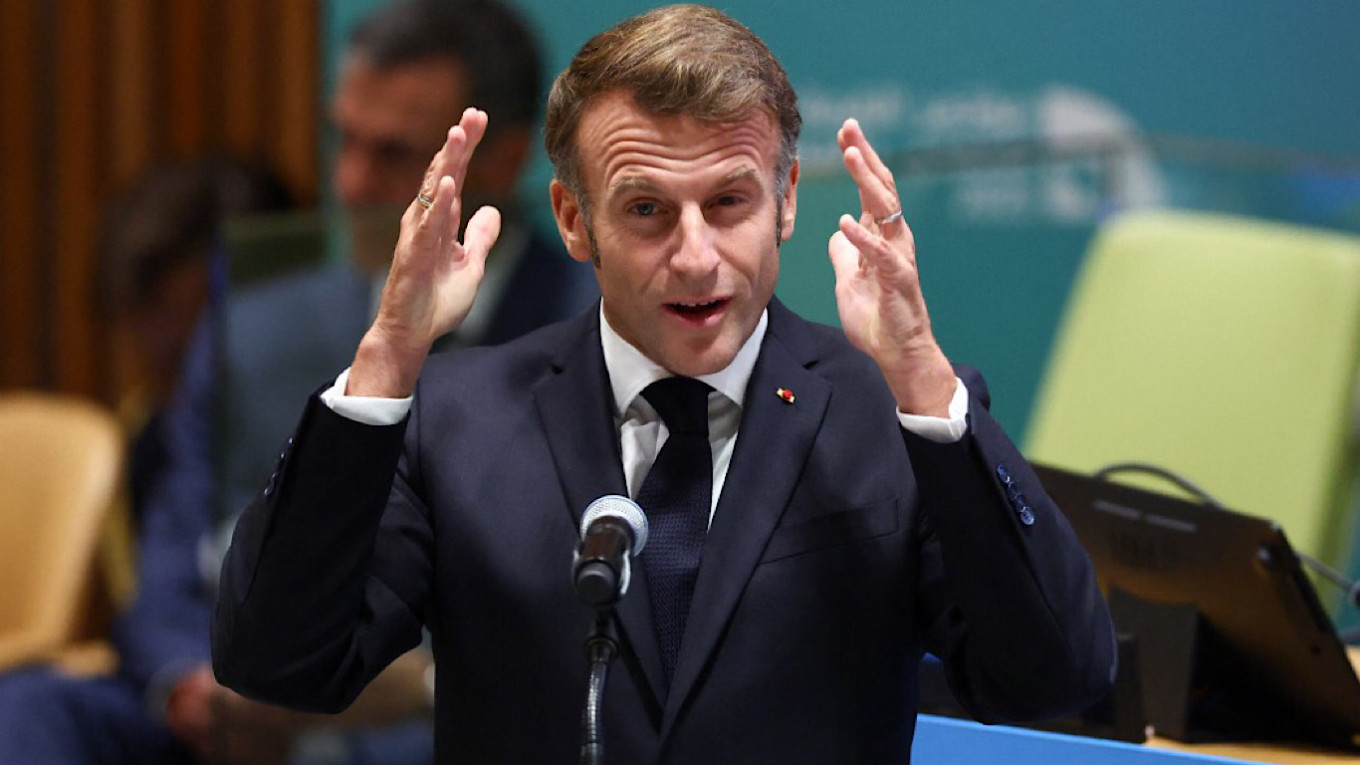
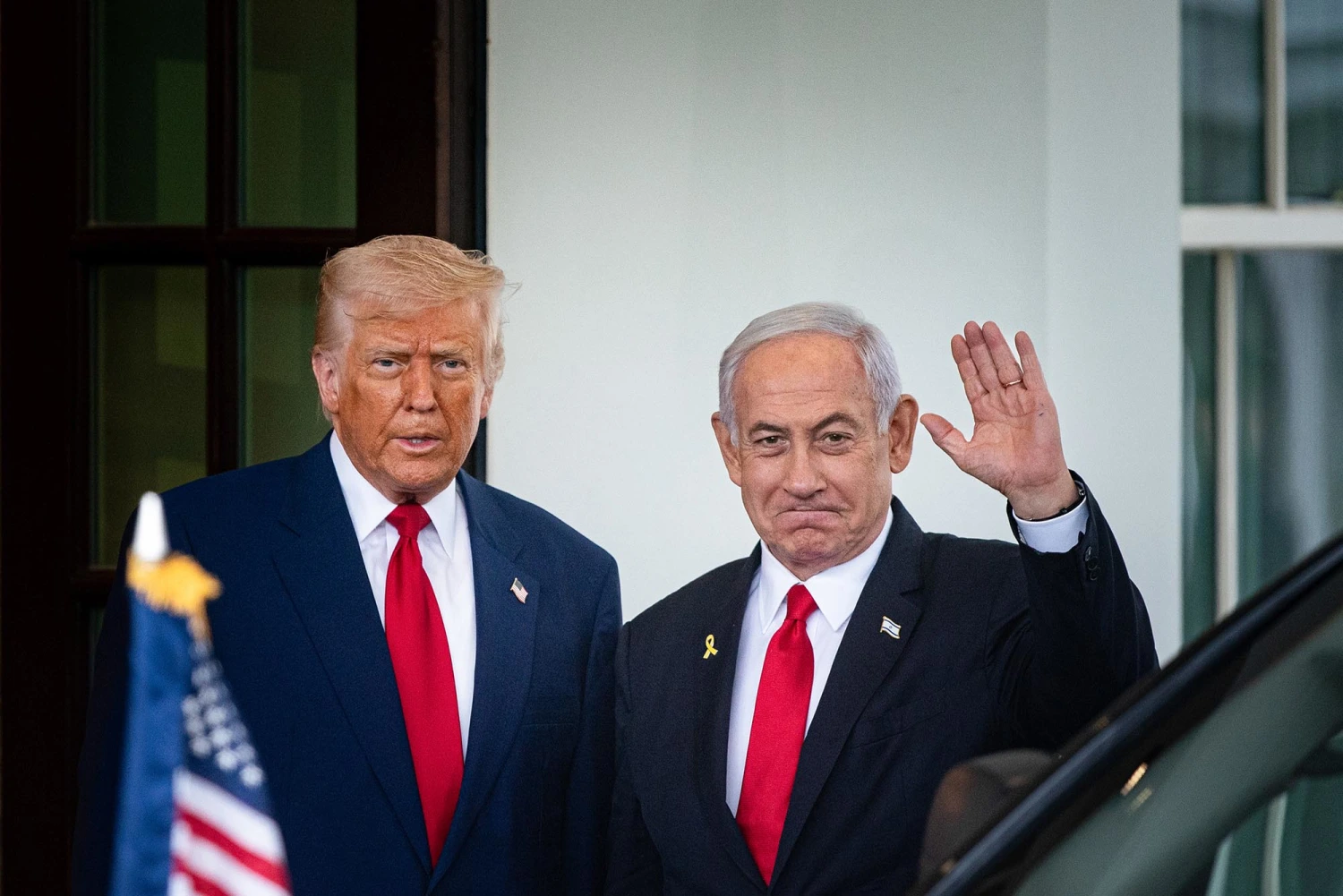
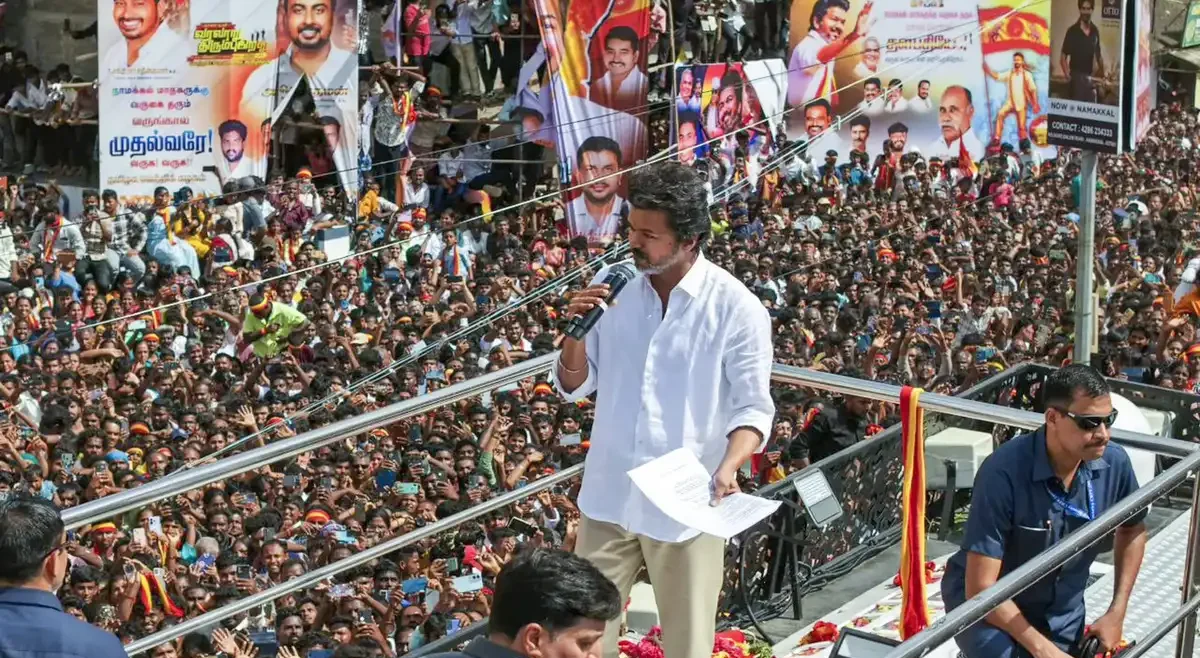
Leave a Reply